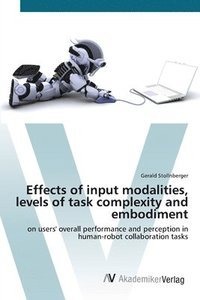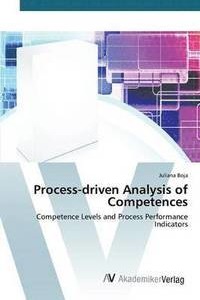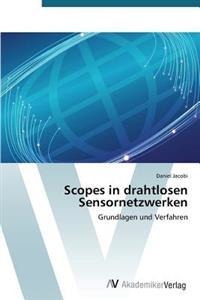
Liknande böcker
Effects of Input Modalities, Levels of Task Complexity and Embodiment : on users' overall performance and perception in human-robot collaboration tasks
Bok av Stollnberger Gerald
Human-Robot Interaction (HRI) is a growing multidisciplinary field of science. The focus of HRI is to study the interaction between robots and humans with a contribution of social science, computer science, robotics, articial intelligence, and many more. Nowadays one of the research goals of HRI is to enable robots and humans to work from shoulder to shoulder. In order to avoid misunderstandings or dangerous situations, choosing the right input modality, especially for different levels of task complexity, is a crucial aspect for successful cooperation. It can be assumed, that for specic levels of task complexity, there is always one complementing input modality which increases the corresponding user satisfaction and performance. In order to identify the most appropriate input modality in relation to the level of task complexity, two user studies are presented in this thesis.
Visa pris inkl. frakt Inkl. frakt
Effects of Input Modalities, Levels of Task Complexity and Embodiment
616 kr
Finns i lager







